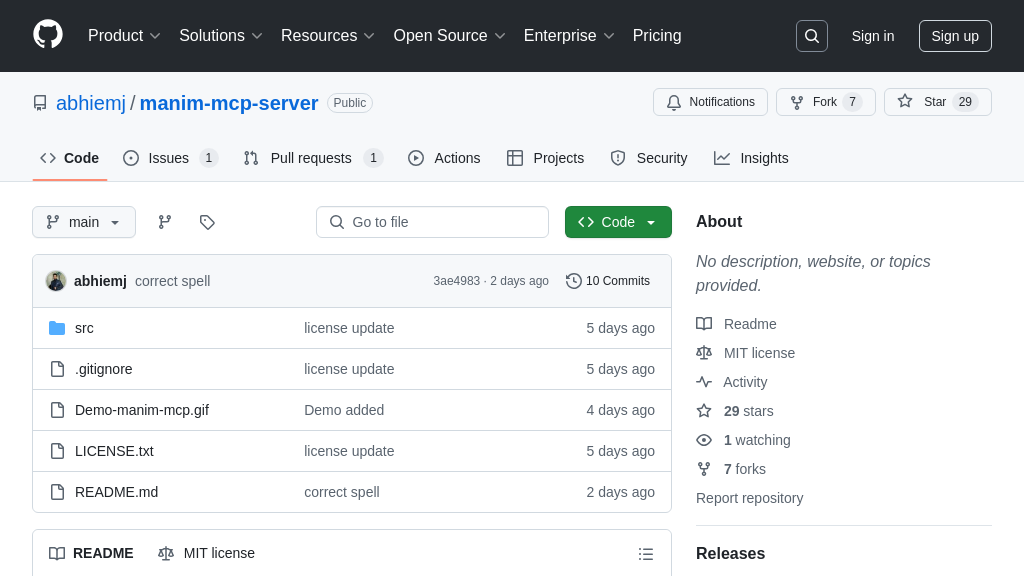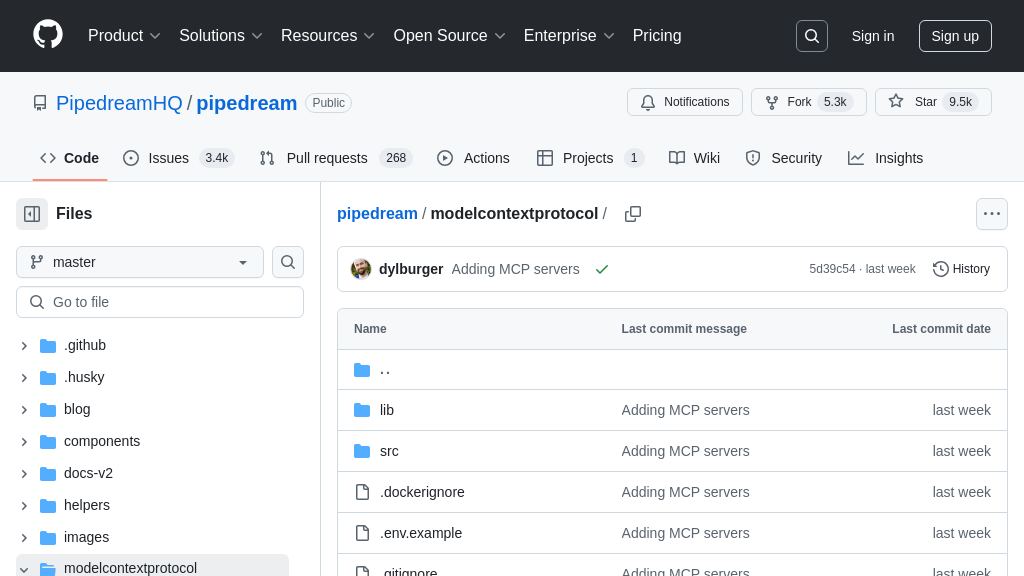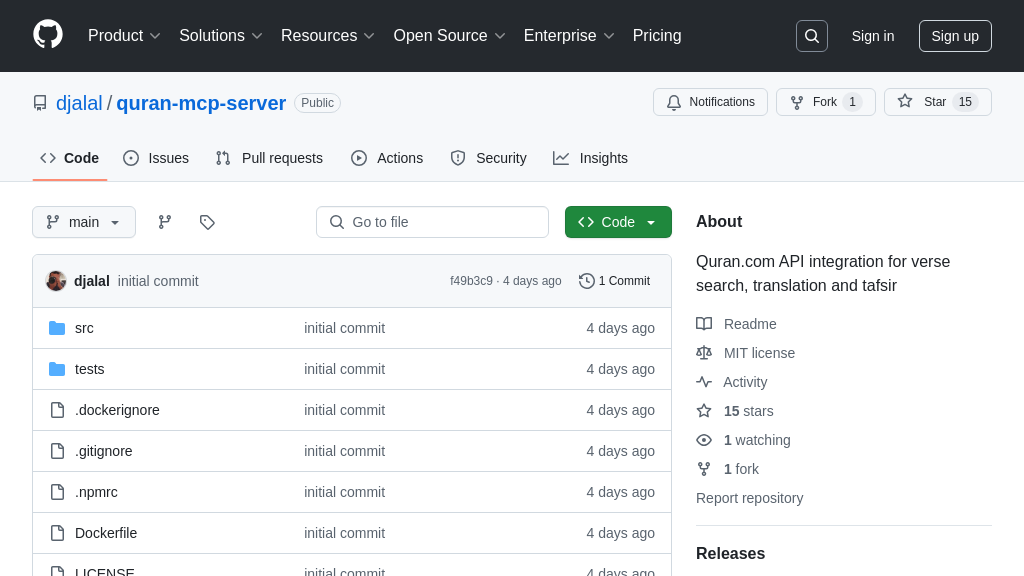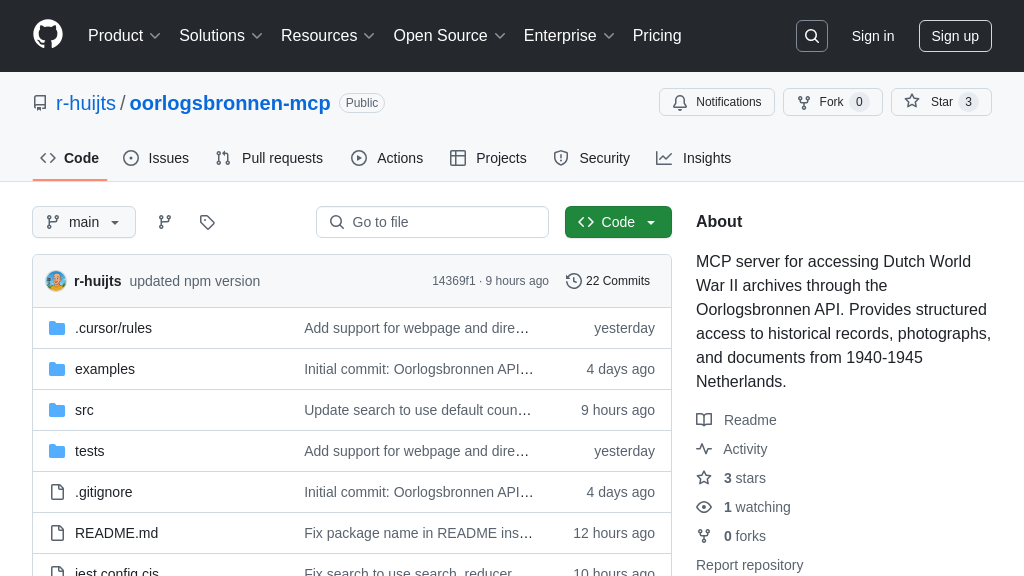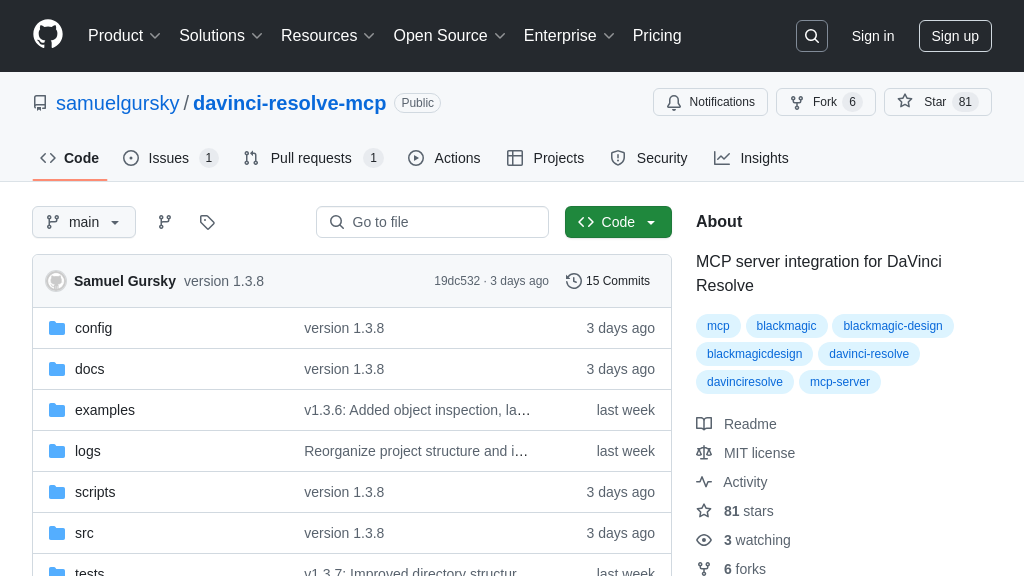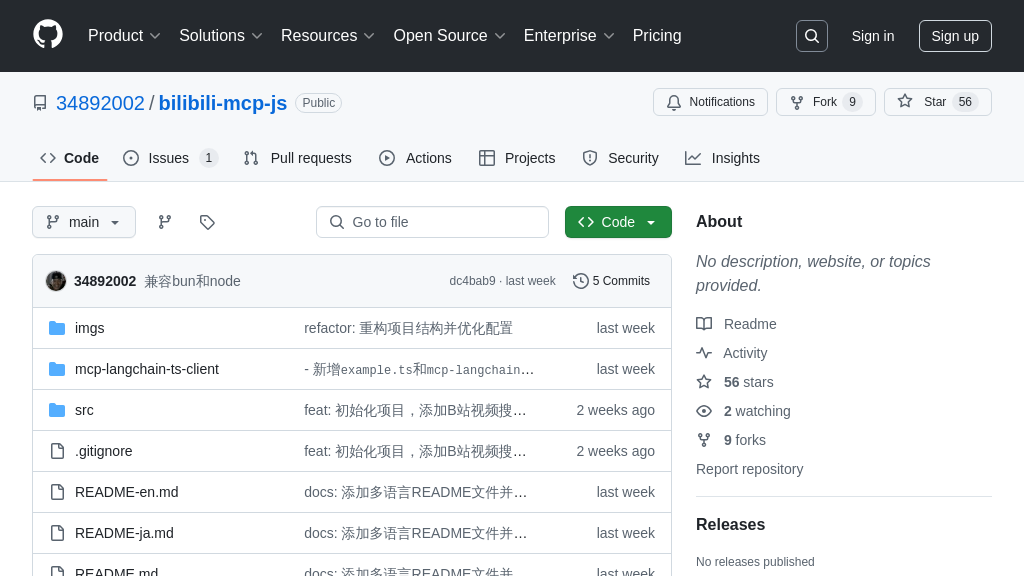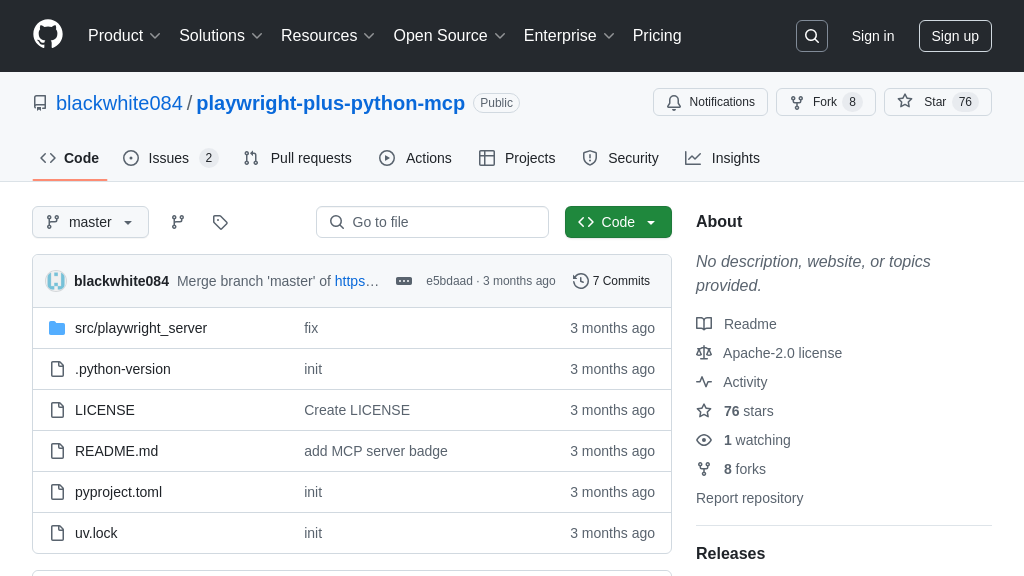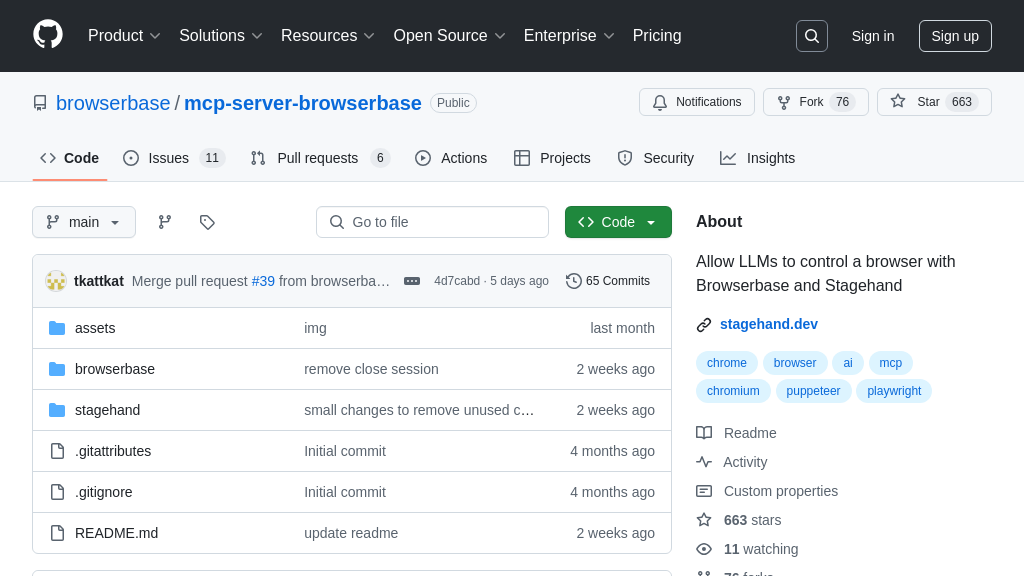ida-pro-mcp
IDA Pro MCP: An MCP server for AI-assisted reverse engineering in IDA Pro, streamlining analysis and automation.
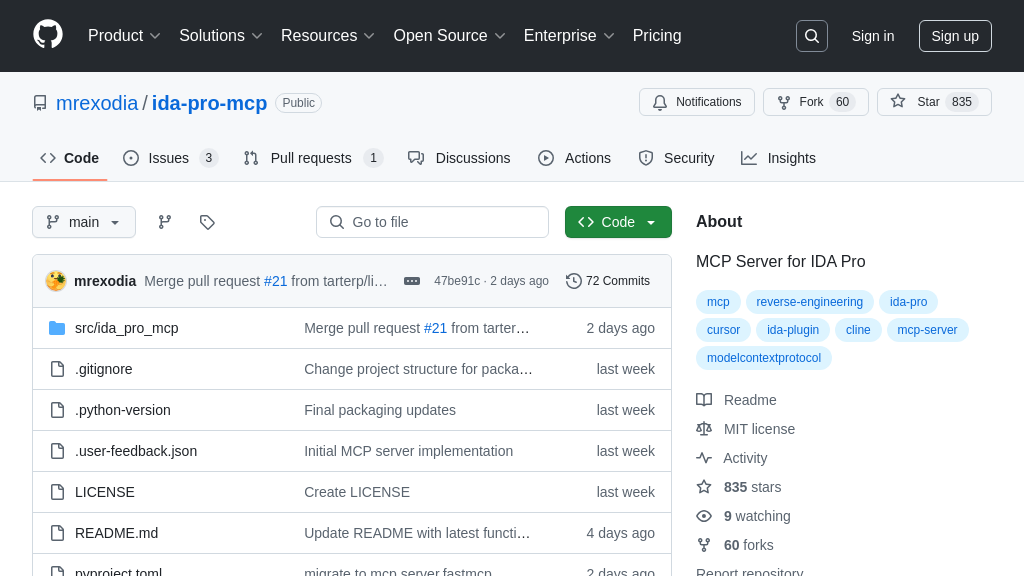
ida-pro-mcp Solution Overview
IDA Pro MCP is a server designed to enhance reverse engineering workflows within IDA Pro by connecting it to AI models. As an MCP server, it exposes key IDA Pro functionalities, such as metadata retrieval, function disassembly/decompilation, xref analysis, and code modification (comments, renaming, type setting), allowing AI clients to interact with the disassembler. This seamless integration empowers AI models to automate reverse engineering tasks, identify vulnerabilities, and understand complex code structures.
The core value lies in enabling AI-assisted reverse engineering, reducing manual effort and improving analysis accuracy. Developers can leverage this tool to build intelligent assistants that automate repetitive tasks and provide deeper insights into binary code. IDA Pro MCP is implemented as a Python-based server with an IDA Pro plugin, communicating via standard HTTP/SSE, ensuring ease of installation and use.
ida-pro-mcp Key Capabilities
Metadata Extraction for Analysis
IDA Pro MCP's get_metadata() function provides a crucial starting point for AI-assisted reverse engineering. It extracts key information about the current IDA Pro database (IDB), such as file format, architecture, and segment information. This metadata acts as a foundational knowledge base for AI models, enabling them to understand the context of the binary being analyzed. For example, an AI can use the architecture information to select appropriate disassembly and decompilation strategies. The function simplifies the initial setup for AI tools, eliminating the need for manual configuration and ensuring that the AI has the necessary context to perform its analysis effectively. This is particularly useful when dealing with unfamiliar or obfuscated binaries, where understanding the basic structure is essential.
Function Discovery and Navigation
The get_function_by_name(name) and get_function_by_address(address) functions enable AI models to quickly locate and access specific functions within the disassembled code. This is essential for tasks such as identifying known library functions, analyzing specific algorithms, or tracing the execution flow of a program. For instance, an AI could use get_function_by_name to find the main function and then use get_xrefs_to to identify functions that call it, effectively mapping the program's control flow. The ability to programmatically navigate the function space within IDA Pro significantly accelerates the reverse engineering process and allows AI models to focus on the most relevant parts of the code.
Code Decompilation and Disassembly
The decompile_function(address) and disassemble_function(start_address) functions are core to understanding the logic of a binary. decompile_function translates assembly code into a more readable, high-level representation, while disassemble_function provides the raw assembly instructions. An AI model can use the decompiled code to understand the function's purpose and the assembly code for fine-grained analysis of specific instructions. For example, an AI could decompile a function to identify potential vulnerabilities and then disassemble it to analyze the specific assembly instructions that implement the vulnerable code. This combination of high-level and low-level views allows for a comprehensive understanding of the code's behavior.
Dynamic Code Modification
IDA Pro MCP provides functions to modify the disassembled code, such as set_comment(address, comment), rename_local_variable(function_address, old_name, new_name), rename_function(function_address, new_name), and set_function_prototype(function_address, prototype). These functions allow AI models to improve the readability and understanding of the code by adding comments, renaming variables and functions to more descriptive names, and correcting function prototypes. For example, an AI could automatically add comments to explain the purpose of specific code blocks or rename variables to reflect their intended use. These modifications can significantly improve the maintainability and understandability of the code, making it easier for human analysts to work with.
Type Inference and Propagation
The functions set_global_variable_type(variable_name, new_type) and set_local_variable_type(function_address, variable_name, new_type) enable AI models to refine the type information associated with variables. Correct type information is crucial for accurate decompilation and analysis. An AI model can use static analysis techniques to infer the types of variables and then use these functions to update the IDB. For example, if an AI determines that a variable is a pointer to a specific structure, it can use set_local_variable_type to update the variable's type information, improving the accuracy of the decompiled code and enabling more effective analysis.
